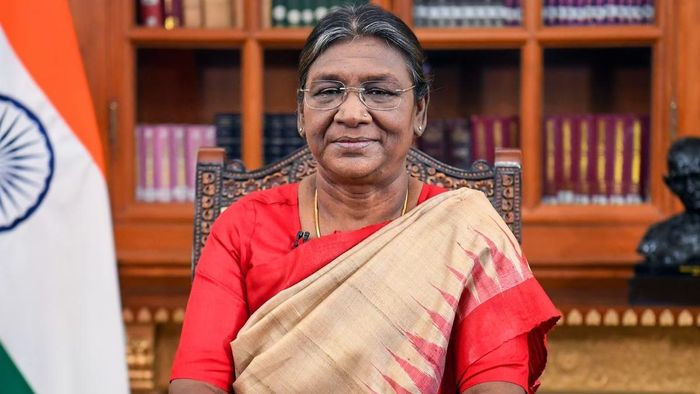Women's Reservation Bill becomes law after President Murmu's assent
On September 20, the bill cleared a major hurdle in the Lok Sabha, with an overwhelming 454 MPs voting in favor, while only 2 opposed, raising the demand for a sub-quota for women belonging to the Other Backward Class (OBC) and minority communities.

- Sep 29, 2023,
- Updated Sep 29, 2023, 6:09 PM IST
The Women's Reservation Bill, which recently passed both houses of Parliament, has now become law following the assent of President Droupadi Murmu. This significant legislative step paves the way for increased female representation in India's political landscape.
The bill, officially titled Nari Shakti Vandan Adhiniyam, seeks to reserve one-third of the seats in the Lok Sabha and all state assemblies for women. On September 20, the bill cleared a major hurdle in the Lok Sabha, with an overwhelming 454 MPs voting in favor, while only 2 opposed, raising the demand for a sub-quota for women belonging to the Other Backward Class (OBC) and minority communities. Subsequently, on September 21, the bill passed unanimously in the Rajya Sabha, with 214 MPs voting in favor.
However, despite President Murmu's assent, the law will not immediately take effect. The reservation of seats in state assemblies and the Lok Sabha for female candidates will be implemented following the completion of census and delimitation exercises. This transitional period has garnered some criticism from the Opposition, even though they support the bill's objectives.
Union Home Minister Amit Shah addressed Parliament during the bill's discussion, explaining that the delay in implementation was due to the pending census and delimitation. "Some say the Bill does not have OBC or Muslim reservation. Will the reservation be implemented early, if you do not support the Bill? Then too it will be implemented only after 2029. Support the Bill... Make a start at least," he urged, facing the Opposition benches.
Critics from the Opposition, such as Congress chief Mallikarjun Kharge, have labeled the Women's Reservation Bill as a "jumla" by the BJP, suggesting that it would not take effect until 2034. "The women’s reservation bill is also a ‘jumla’ as they (BJP) think people vote for them and forget promises made by them after some time," Kharge remarked during a public event in Chhattisgarh on September 29.